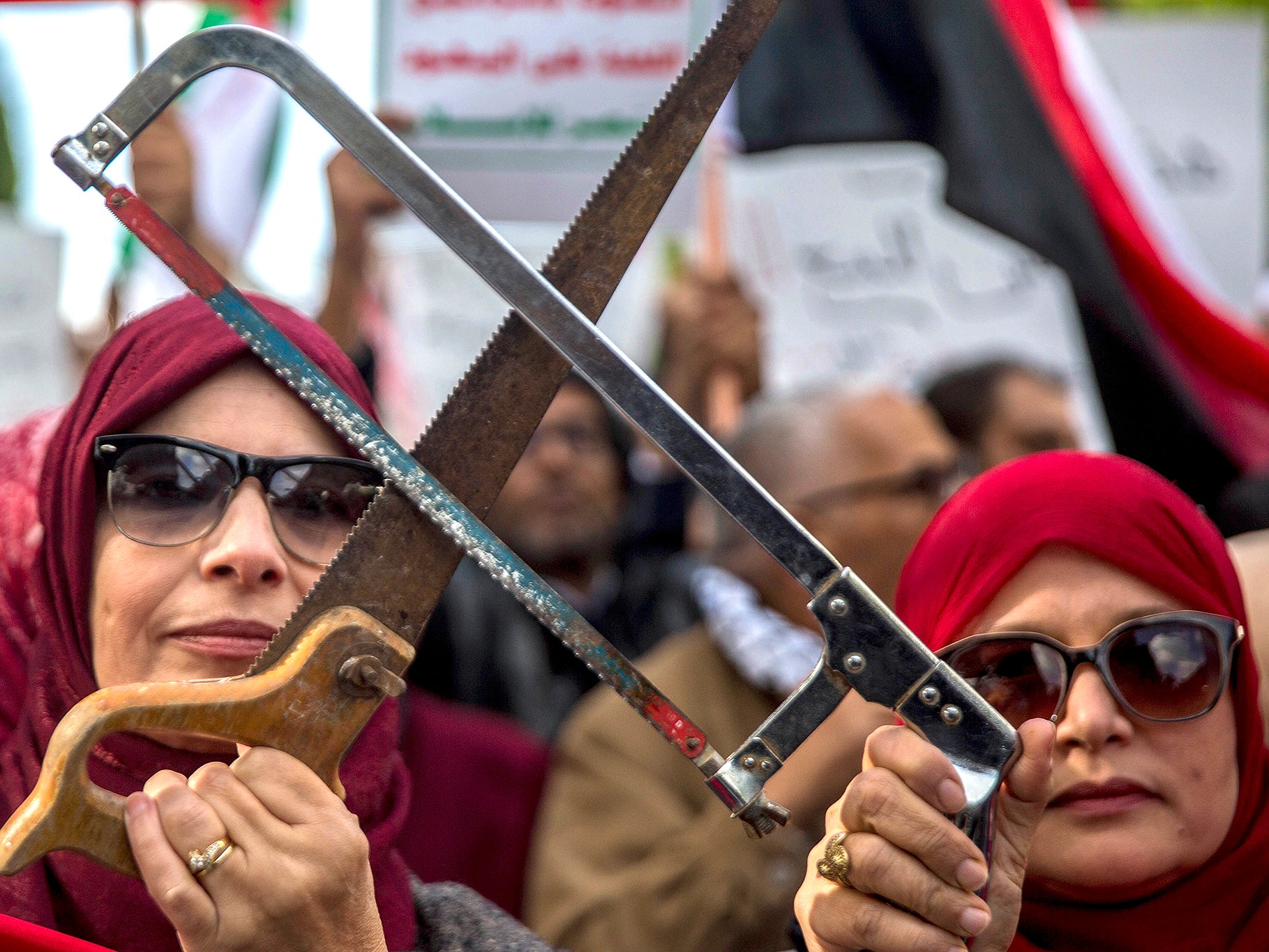Jamal Khashoggi text messages reveal depth of Saudi journalist’s animosity towards crown prince
‘God help us,’ dissident journalist said when he found out Saudi authorities had discovered his plans
Your support helps us to tell the story
From reproductive rights to climate change to Big Tech, The Independent is on the ground when the story is developing. Whether it's investigating the financials of Elon Musk's pro-Trump PAC or producing our latest documentary, 'The A Word', which shines a light on the American women fighting for reproductive rights, we know how important it is to parse out the facts from the messaging.
At such a critical moment in US history, we need reporters on the ground. Your donation allows us to keep sending journalists to speak to both sides of the story.
The Independent is trusted by Americans across the entire political spectrum. And unlike many other quality news outlets, we choose not to lock Americans out of our reporting and analysis with paywalls. We believe quality journalism should be available to everyone, paid for by those who can afford it.
Your support makes all the difference.A trove of text messages sent by slain Saudi journalist Jamal Khashoggi to another dissident activist abroad suggest he was far more deeply opposed to the de facto reign of Crown Prince Mohammed bin Salman than previously known, and that he was actively funding a project to invigorate his opponents, according to CNN.
The CNN report also suggested that the communications between Khashoggi and the Montreal-based activist Omar Abdulaziz may have been accessed by Saudi security officials and contributed to the plot that led his death.
“The more victims he eats, the more he wants,” Khashoggi reportedly wrote in one text message after the arrest of Saudi activists in May. “I will not be surprised if the oppression will reach even those who are cheering him on.”
At one point in the texts, Khashoggi likens the crown prince and his entourage to the family of Muammar Gaddafi, the brutal dictator of Libya who ran the country as his personal fiefdom for decades.
More than two months after Khashoggi’s death at the hands of Saudi hitmen – who were dispatched from Riyadh to Istanbul to strangle him, dismember his body and somehow get rid of his remains during a consular visit – controversy continues to surround Prince Mohammed who is believed by US spies and others to have ordered the hit.
Several US newspapers, citing unnamed officials in Washington, reported that American spies had detected 11 text messages between Prince Salman and his deputy Saud al-Qahtani, the ranking official allegedly behind the operation, in the hours during and after Khashoggi’s kidnapping and murder. US lawmakers have begun moving to cut weapons sales to Saudi Arabia both over the Khashoggi affair and the ongoing war in Yemen, considered one of the world’s worst humanitarian disasters.
En route from a G20 summit in Buenos Aires where he was shunned or scolded by western leaders but embraced by Russian president Vladimir Putin, Prince Mohammed yesterday visited Mauritania and Algeria en route home from Latin America. In Algiers, his talks with Abdelaziz Bouteflika were cancelled, over the ailing president’s suffering from flu, according to the presidential office. Despite written statements against his visit by intellectuals and politicians, no protests greeted him amid a ban on public gatherings in the capital.
Local media reports suggest Prince Mohammed may cancel a planned visit to Jordan amid rising and vocal opposition in the Kingdom, which allows limited press and civil freedoms. “The timing of the visit is not appropriate,” Basil Okoor, the editor in chief of a local news website, was quoted as saying.

The CNN report, which quickly went viral on Arabic social media, resurrected a matter Saudi authorities have been hoping to sweep away. The report showed that Khashoggi regarded the crown prince as a “beast” and a menace, lacking the respectful tone of his Washington Post columns and television appearances. “May God rid us and this nation of this predicament,” he wrote in June.
The CNN report alleged that Khashoggi was planning to use tens of thousands of dollars of his own money and raise funds to finance a previously reported project to create an army of “bees” on social media to take on the pro-Prince Mohammed troll army.
The project involved dispatching SIM cards from abroad to dissidents so they could get online without being monitored by Saudi Arabia’s extensive surveillance system.
But the two men panicked when they received word that the Saudi regime knew about the project. “God help us,” Khashoggi wrote in August.
Later, Canadian technicians reportedly discovered that Khashoggi’s phone had been hacked, very likely by the Saudi government using tools it bought from an Israeli company called NSO.
Amnesty International last week said it was considering legal action against NSO for allegedly spying on its staff, after Israeli media reported the same company had offered Saudi Arabia surveillance software for hacking mobile phones belonging to activists connected to Khashoggi, including Omar Abdulaziz.
Mr Abdulaziz’s lawyers have now filed a lawsuit in Tel Aviv, alleging NSO broke international law by selling its software to regimes which disregard human rights.
To many supporters of the Saudi regime, the content of Khashoggi’s texts will be regarded as treacherous, and a number of social media accounts used his private words to justify his treatment at the hands of his killers.
“The Saudis should thank CNN for the report that exposed the real Jamal to the public,” wrote one pro-Saudi user with 15,000 followers. Adding that Khashoggi “deserved this brutal killing”.
The Saudis have continued to deny the crown prince’s involvement and maintain that the killing was a result of a rogue operation.

Join our commenting forum
Join thought-provoking conversations, follow other Independent readers and see their replies
Comments